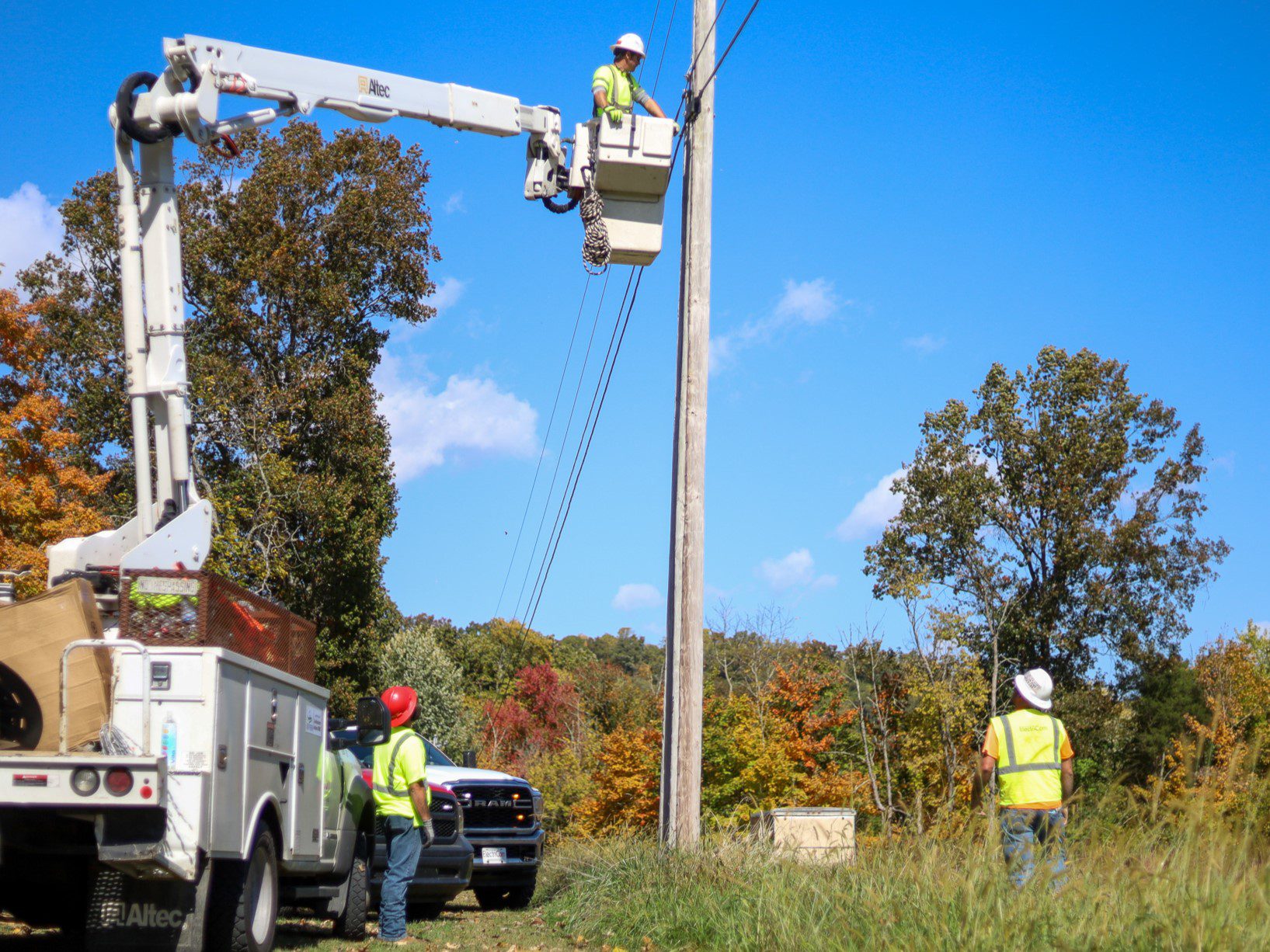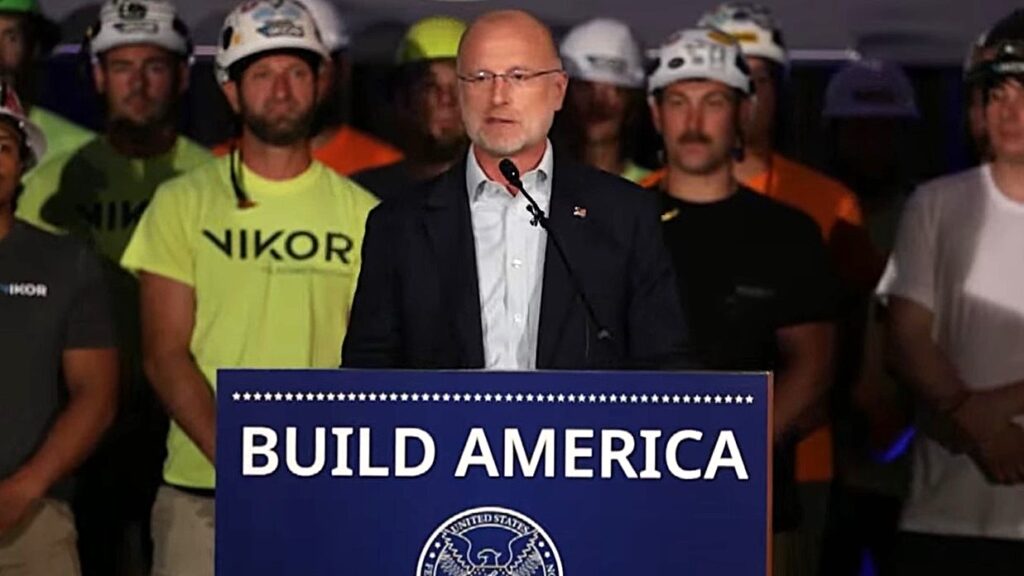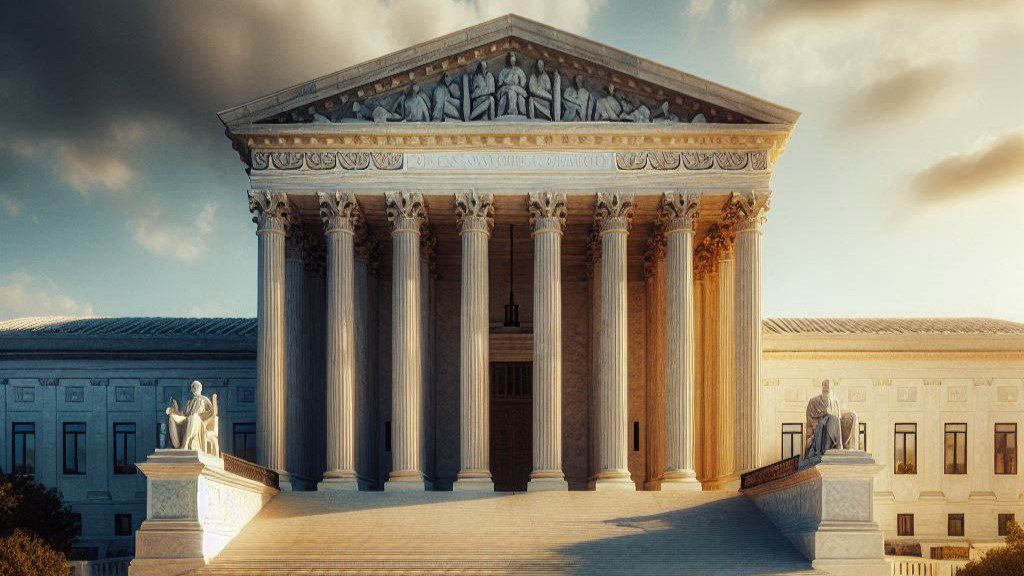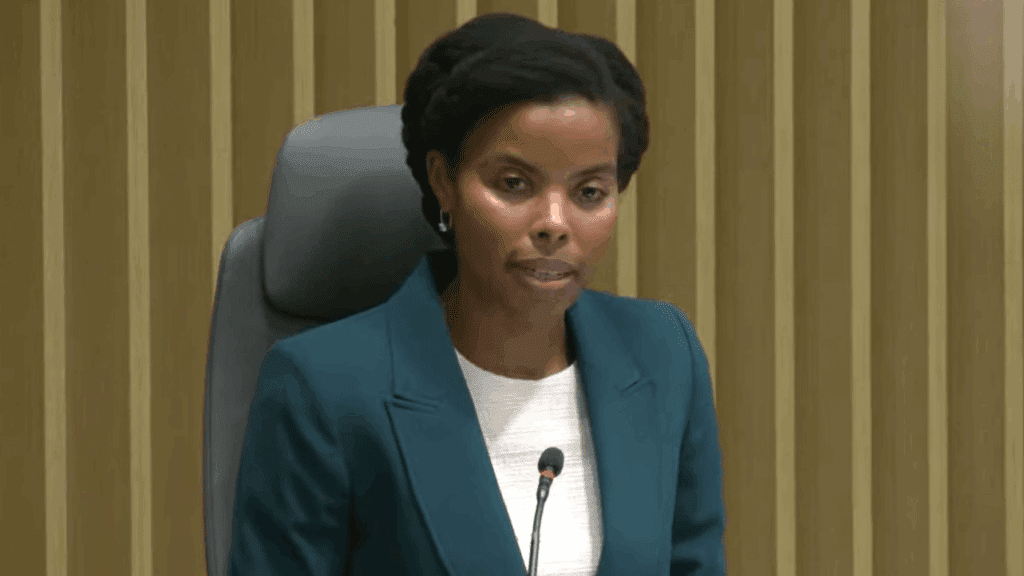FCC Opens First Section 706 Inquiry Since 2020
Randy Sukow
|

After a few years’ break, the FCC is resuming its annual look at the pace of broadband construction in the United States. It has opened a Notice of Inquiry to determine whether broadband services are becoming available to all Americans “in a reasonable and timely fashion,” as directed in Section 706 of the Telecommunications Act of 1996. The last Section 706 report in 2020 answered that question in the affirmative. But shifting political realities might lead to a different outcome in a 2024 report.
The main purpose of the current inquiry, according to Chairwoman Jessica Rosenworcel, is to decide whether to raise the benchmark definition of “advanced services” from 25 Mbps downstream/3 Mbps upstream to 100/20 Mbps. “Ultimately, I believe it is essential in the United States to set big goals in order to get big things done. That is why we are kicking off this inquiry to update our national broadband standard to better align it with the standards in pandemic-era legislation,” she said in a statement.
But 100/20 Mbps, some would say, has already become a de facto benchmark. As Rosenworcel’s statement noted, pandemic-era federal broadband funding programs already use 100/20 Mbps as a minimum speed for eligibility. Earlier this year, the FCC itself set 100/20 Mbps as the minimum for support through the Enhanced Alternative Connect America Cost Model (Enhanced A-CAM) program.
The Section 706 inquiry comes as the Commission considers a proposal to return to Title II telecommunication regulation for the internet. The 1996 Telecom Act calls on the FCC to determine whether broadband growth is “reasonable and timely,” and, if not, to adopt rules that accelerate broadband progress or remove barriers. The FCC said in 2015 that broadband service was not rolling out at an adequate pace and used that ruling as a basis for its decision to adopt Title II rules.
A later FCC reversed both Title II regulation and the 706 ruling. The return of the Title II debate could mean another ruling that broadband is not progressing fast enough.
“I was disappointed but not surprised to see that this NOI proposes to torture the language of Section 706 once again by focusing on whether or not 100 percent of Americans have access to advanced telecommunications capability—an inquiry that plainly does not require a record,” Commissioner Brendan Carr said in his response. “But of course, that is the point. We all know where this is going.”
Initial comments on the NOI are due Dec. 1; reply comments are due Dec. 18.


